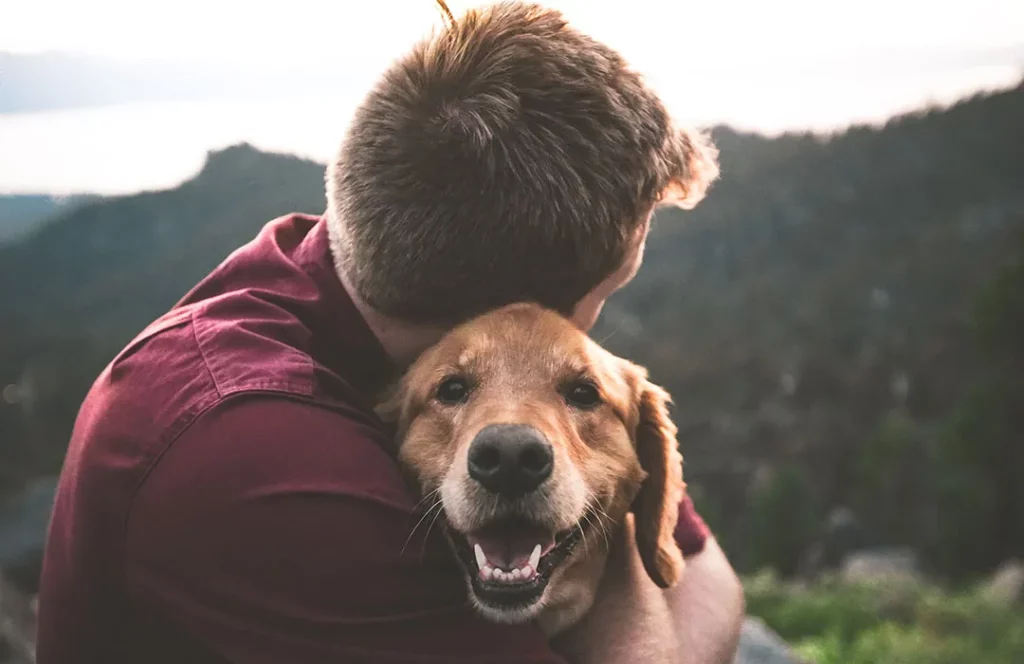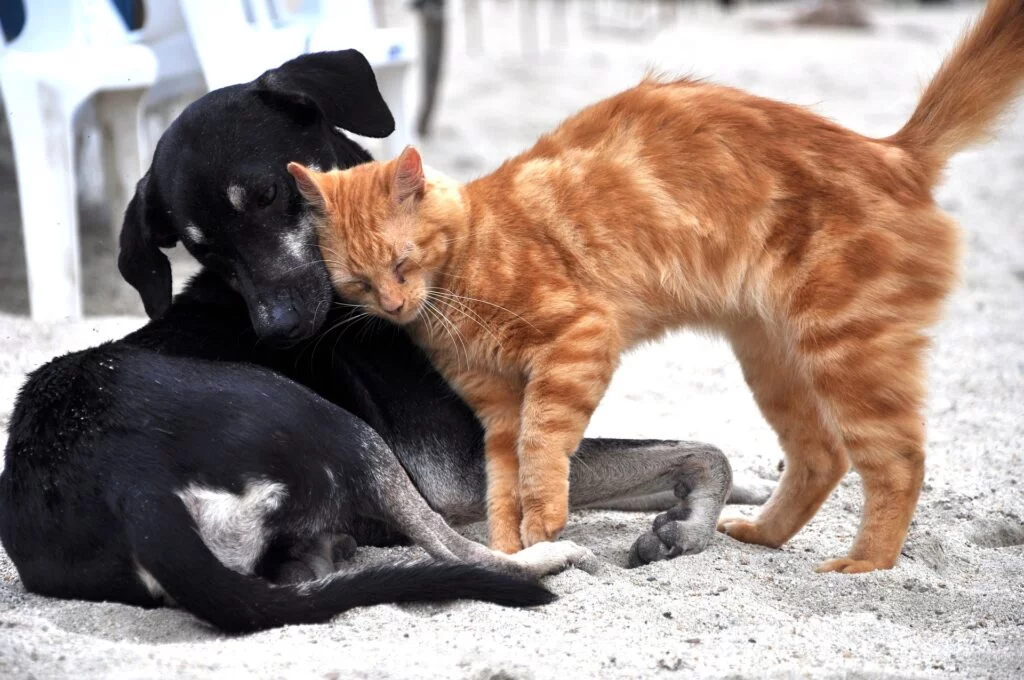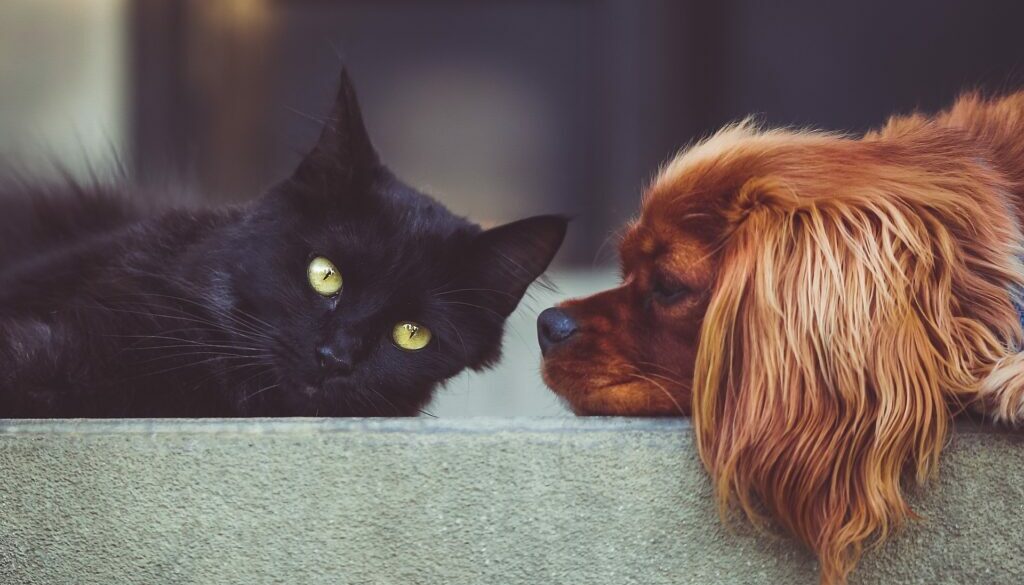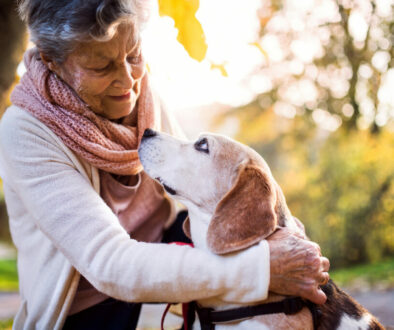The Importance of Self-Care During Pet Grief
Losing a beloved pet can be an incredibly painful and emotional experience. Pet owners often form strong bonds with their furry companions, and their sudden absence can leave a significant void in one’s life. In times of pet grief, taking care of oneself becomes crucial for healing and moving forward. This article explores the importance of self-care during pet grief and provides practical ways to cope with the loss.
Understanding Pet Grief
Types of Pet Grief
When it comes to pet grief, individuals may experience different types of bereavement. Some may feel acute grief, while others may go through anticipatory grief if their pet has a terminal illness. Understanding the various types of pet grief can help individuals identify their emotions and find appropriate ways to cope with them.
Symptoms of Pet Grief
Pet grief manifests differently in every individual. It is essential to recognize the common symptoms of pet grief, including sadness, guilt, anger, and withdrawal. By acknowledging these symptoms, individuals can validate their emotions and seek support when needed.

Importance of Self-Care
Taking Care of Yourself
In the midst of pet grief, self-care often takes a backseat. However, prioritizing self-care is vital for emotional well-being. This section emphasizes the importance of taking care of oneself physically, emotionally, mentally, and socially. It discusses the significance of engaging in activities that promote self-nurturing and healing.
Seeking Support
During pet grief, seeking support from understanding individuals can make a significant difference. This section explores the benefits of reaching out to professionals, support groups, friends, and family members. It highlights how sharing one’s feelings and experiences can alleviate the burden of grief and provide comfort.
Self-Care Practices
Physical Health
Taking care of one’s physical health is intrinsically linked to emotional well-being. This section provides practical self-care practices, such as maintaining a healthy diet, getting regular exercise, and ensuring adequate sleep. These practices help individuals channel their grief into positive actions and promote overall well-being.
Emotional Well-being
Emotions can be overwhelming during pet grief, and nurturing emotional well-being is essential for healing. This section discusses various self-care practices, including journaling, engaging in creative outlets, practicing mindfulness, and seeking professional counseling. These practices empower individuals to process their emotions and find solace.
Mental Well-being
Pet grief can take a toll on one’s mental health, leading to increased stress and anxiety. This section presents strategies for maintaining mental well-being, such as practicing relaxation techniques, setting boundaries, and cultivating positive thinking. By prioritizing mental self-care, individuals can reduce the impact of grief on their overall mental health.
Social Connections
Isolation and withdrawal are common responses to pet grief, but nurturing social connections is crucial for healing. This section highlights the importance of maintaining social interactions, seeking support from understanding friends or family members, or even considering joining pet grief support groups. These connections provide comfort, understanding, and a sense of belonging during a challenging time.
Coping with Pet Grief
Accepting Your Feelings
Acceptance is a significant step in the grieving process. This section guides individuals on how to acknowledge and accept their feelings of grief without judgment. It emphasizes the importance of embracing the natural highs and lows of the grieving journey and allowing oneself to heal at their own pace.
Creating a Memorial
Creating a memorial for a beloved pet can be a profound way to honor their memory. This section offers suggestions for creating meaningful memorials, such as planting a tree, making a scrapbook, or engaging in charity work related to animals. These acts of remembrance provide solace and help individuals find closure.

FAQs: Self-Care During Pet Grief
How long does pet grief last?
Pet grief is a deeply personal experience, and the duration can vary from individual to individual. There is no specific timeline for grief recovery, as it depends on various factors such as the strength of the bond, coping mechanisms, and individual differences. It’s important to allow yourself the time and space to heal and grieve at your own pace.
Should I immediately get another pet to cope with grief?
The decision to get another pet after experiencing a loss is a personal one. It’s crucial to give yourself time to process your grief and emotions before making any major decisions. Rushing into getting another pet may not allow for proper healing and may hinder the grieving process. Take the time to honor and mourn your previous pet before considering bringing a new furry friend into your life.
Is it normal to still feel intense grief even after a significant amount of time has passed?
Yes, it is entirely normal to feel intense grief even after a considerable amount of time has passed. The loss of a beloved pet can leave a lasting impact, and grief is a complex and multifaceted emotion. Remember that grief is unique to each individual, and there is no right or wrong way to grieve. If you find that your grief is affecting your daily life or mental well-being, seeking support from professionals or support groups can be beneficial.
Can seeking professional help benefit me during pet grief?
Seeking professional help during pet grief can be incredibly beneficial. Therapists or counselors who specialize in pet grief can provide guidance, support, and coping strategies tailored to your specific needs. They can help you navigate through complex emotions and provide a safe space for you to process your grief. Professional help can offer valuable insights and tools to cope with grief and move towards healing.
How can I support a friend or family member who is experiencing pet grief?
Supporting a friend or family member who is going through pet grief requires empathy, understanding, and patience. Active listening and providing a non-judgmental space for them to express their feelings can be immensely helpful. Offer your support by checking in on them, engaging in meaningful conversations about their pet, and validating their emotions. Avoid minimizing their grief and allow them to talk about their pet’s memory whenever they feel comfortable. Keep in mind that everyone grieves differently, so be attentive to their unique needs and offer your support in practical ways, like helping with memorial arrangements or just being there to listen.
Conclusion
In the midst of pet grief, self-care stands as a crucial component of healing and moving forward. By prioritizing self-care, individuals can navigate through their grief and gradually find solace. Taking care of oneself physically, emotionally, mentally, and socially, and seeking support are essential practices for coping with pet grief. Remember, everyone grieves differently, and it’s important to be gentle with oneself throughout the process.
Also Read:



